This is a code I derived from @Hajar Razip using a more pydantic like approach:
from pydantic import (
BaseModel,
)
from typing import (
Dict,
List,
Optional,
)
from fastapi import (
Depends,
FastAPI,
Query,
Request,
)
class QueryParameters(BaseModel):
"""Model for query parameter."""
fixId: Optional[str]
fixStr: Optional[str]
fixList: Optional[List[str]]
fixBool: Optional[bool]
dynFields: Dict
_aliases: Dict[str,str] = {"id": "fixId"}
@classmethod
def parser(
cls,
request: Request,
fixId: Optional[str] = Query(None, alias="id"),
fixStr: Optional[str] = Query(None),
fixList: Optional[List[str]] = Query(None),
fixBool: bool = Query(True),
) -> Dict:
"""Parse query string parameters."""
dynFields = {}
reserved_keys = cls.__fields__
query_keys = request.query_params
for key in query_keys:
key = cls._aliases.get(key, key)
if key in reserved_keys:
continue
dynFields[key] = request.query_params[key]
return {
"fixId": fixId,
"fixStr": fixStr,
"fixList": fixList,
"fixBool": fixBool,
"dynFields": dynFields
}
app = FastAPI()
@app.get("/msg")
def get_msg(
parameters: QueryParameters = Depends(
QueryParameters.parser,
),
) -> None:
return parameters
The output documentation is then

Here it is the result of calling GET /msg
> curl -s -X 'GET' 'http://127.0.0.1:8000/msg?id=Victor&fixStr=hi&fixList=eggs&fixList=milk&fixList=oranges&fixBool=true' -H 'accept: application/json' | python3 -m json.tool
{
"fixId": "Victor",
"fixStr": "hi",
"fixList": [
"eggs",
"milk",
"oranges"
],
"fixBool": true,
"dynFields": {}
}
Here it is the GET /msg call using dynamic fields
> curl -s -X 'GET' 'http://127.0.0.1:8000/msg?id=Victor&fixStr=hi&fixList=eggs&fixList=milk&fixList=oranges&fixBool=true&key1=value1&key2=value2' -H 'accept: application/json' | python3 -m json.tool
{
"fixId": "Victor",
"fixStr": "hi",
"fixList": [
"eggs",
"milk",
"oranges"
],
"fixBool": true,
"dynFields": {
"key1": "value1",
"key2": "value2"
}
}



